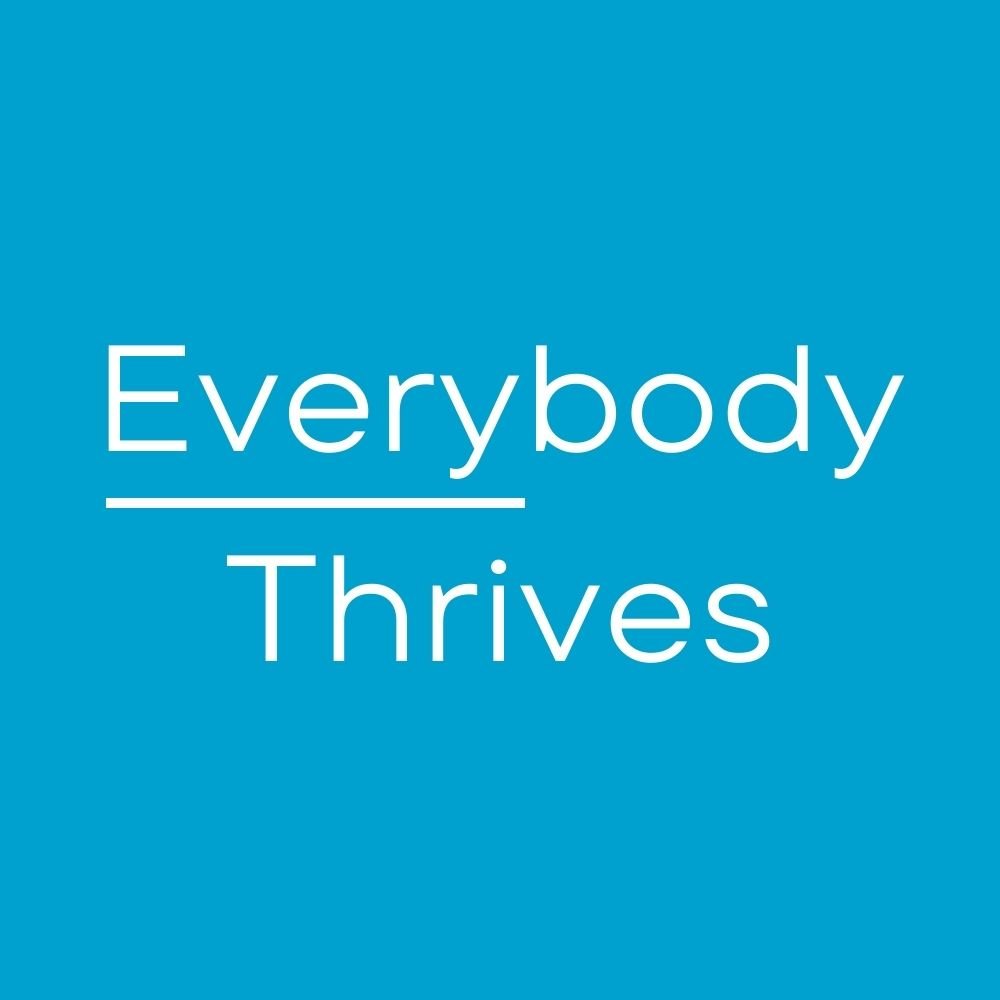You don’t have to click too far to come across an article or podcast broadcasting the benefits of self-awareness. As for me, I’ve bought the ticket and I’m “All aboard!” the self-awareness train. The only challenge is, by definition people with poor self-awareness (I include myself in this group) don’t know what they don’t know. It’s a classic Black Swan. You don’t know what you don’t know and that is often the most important thing for you to know to unlock true value or change.
“Great Joe, thanks for telling me the obvious! So what can we do about it?”
You are the type of person that likes solutions. I appreciate that. One of the best ways to increase your self-awareness is to get feedback from others. A lot of people will suggest that you ask trusted advisors what they think or even to participate in anonymous 360 degree feedback. However, there are several inherent problems with this approach.
- Separating out sour grapes from thoughtful feedback can be difficult.
- People may be reluctant to tell you the whole truth, anonymous or not, for fear of repercussions.
- Thoughtful feedback is a gift and if you're an oblivious horse's ass, maybe people won't care to give you that gift.
- Finally, there is the huge problem of your ego getting in the way of you accepting any feedback at all. Replace the word “feedback” with “criticism” and the challenge becomes more clear cut.
“So if you are saying asking people can be problematic, what’s the alternative?”
The EZPZ way to get feedback is to pay more attention to how people act around you in specific situations.
Allow me to explain. It’s easy to go through life thinking of ourselves and others as individual, self-contained units. In other words, emphasizing the independent and free-willed nature that we have. However, in focusing on this aspect, we may forget how interconnected and responsive we are to each other. Think of yourself as a gear in a high performance race car. How you turn affects every other gear and vice-versa. So maybe you notice when a colleague walks into the room everybody brightens up and when you do it goes silent. That silence is feedback. Or maybe you notice every time you give a colleague a metaphorical “pat on the back” they seem happier and more motivated. That is also feedback. The truth is all the feedback we need is already out there for the taking if we just know how to look for it.
For me I would get negative feedback on my driving from my wife during a longer drive we take every few weeks to visit a relative. I (independent, free-willed me) wanted to drive the way I drove and would get frustrated at the feedback I was getting from my wife (also, independent and free-willed love of my life). To be clear, I did receive verbal feedback on my driving, but somehow it never translated into my driving in a way that made both of us happy. It just didn’t work.
Then, one day it dawned on me how in addition to being two individuals with different styles and preferences, we were also a system in that car. Not just husband and wife, but driver and passenger with each creating a feedback loop. So one day I decided to pay more attention to the feedback coming from my wife. I noticed in traffic how braking later led to one reaction and braking softer and earlier led to another (non) reaction. I noticed during clear stretches above a certain speed she seemed less uncomfortable and at others she was fine. And so on and so on.
This type of behavioral feedback has a few advantages. First, it doesn’t require you to separate truth from fiction or helpfulness from sabotage. People’s reactions to you are generally organic reactions and if you see the same behavior across different people, you can be sure that you are part of the equation. Second, it makes it easier to take your ego out of the equation. This is because instead of getting “judgments” from others about your behavior you are looking at people’s reactions and doing your own analysis of your role.
You are more likely to be persuaded and act on feedback that you generate from your own observations and analysis than the exact same feedback that is given to you by someone else.
Is that childish? Perhaps.
Is that normal and human? Definitely.
As I pulled into the driveway at the end of the drive and put the car into park, my wife smiled as she turned to me and said, “You did a really great job driving today! What happened?”
Ah, the power of feedback!





